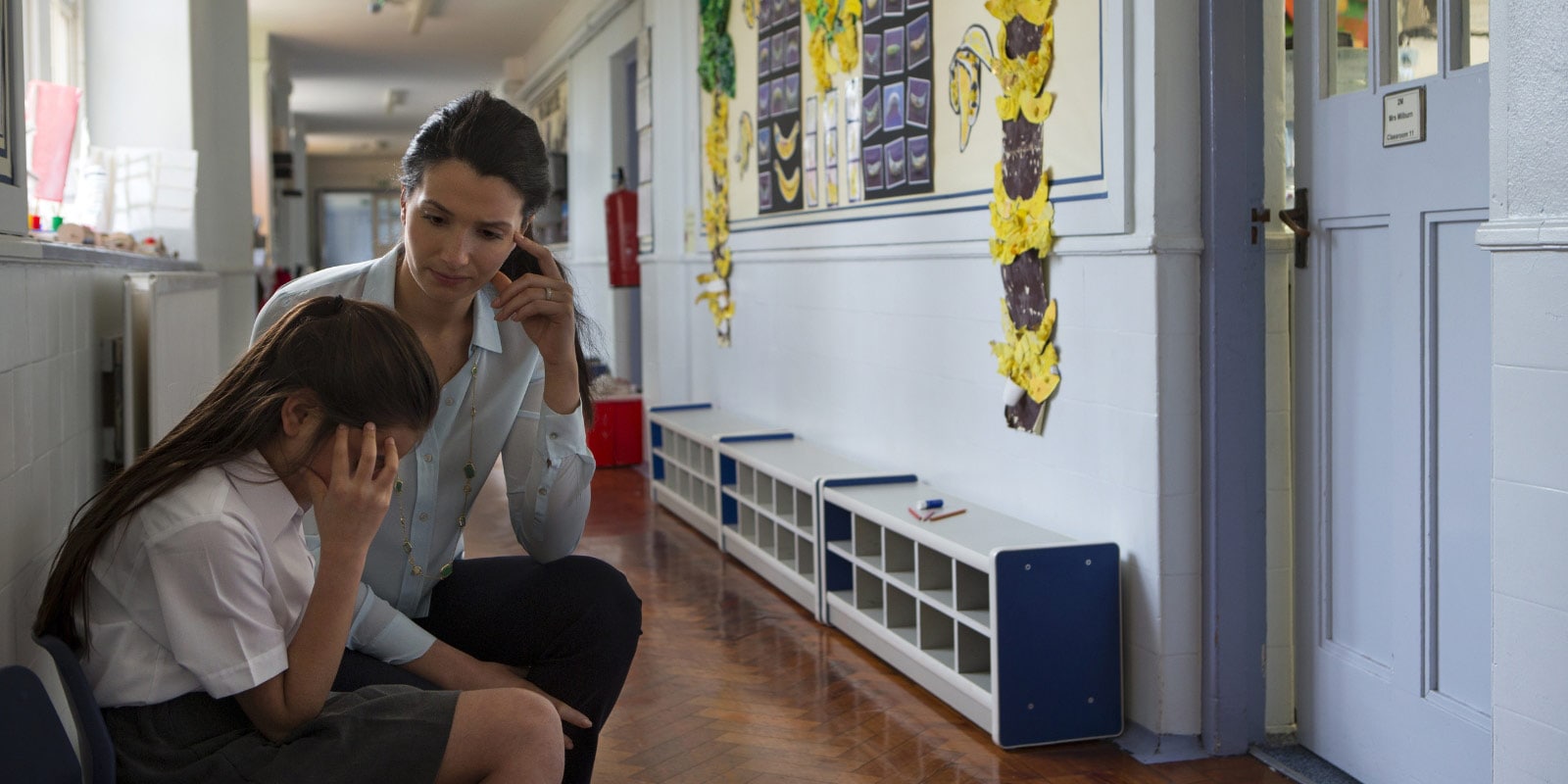5 Ways Educators Can Help Students Build Resilience in an Uncertain World
by Natalie Barnard, Educational Diagnostician and Assessment Consultant at Pearson

The world today can be a tumultuous place for the younger generation, who are often bombarded with daunting visuals and discussions of global conflicts, the implications of climate change and political division in their own community. The result is that close to two-thirds of kids and teens say that things are going just fair (36%) or poorly (28%) for kids and teenagers in the U.S. today, according to the “State of Kids and Families in America 2024” report.
While news filtering strategies may work for younger children, adolescents are at a developmental stage where they need a more nuanced approach to help them process information and articulate their concerns. Today’s teens struggle with a range of everyday challenges that can include grades, peer or societal pressures, family issues and more. Some are naturally resilient and can work through these hurdles and anxieties; however, it’s not innate for everyone, and equipping teens with different ways to tackle these big feelings will support mental health and overall well-being.
Recognizing that not all students have access to supportive role models at home, schools can proactively take the lead in providing these essential lessons, with the aim to work collaboratively and reinforce any wraparound work done by student caregivers and families. At one campus where I worked, it was the expectation that the first 10 minutes of every day was spent on a mini-lesson that spurred conversations and helped kids learn coping skills to help set them up for success.
I encourage all educators to consider how they can play a role in empowering students by incorporating SEL lessons and other activities to help them practice navigating uncertainty and overcoming obstacles. Below are some suggestions on how you can get started.
1. Help them learn to discern accurate information.
You only need to spend a few minutes online to realize that much of the information you see may be inaccurate, biased or misleading. By introducing media literacy training, teens can learn how to determine if a source is credible and why it’s vital to verify information using reputable sources. This is also a good introduction to discussing social media pressures and how that can become its own form of “misinformation,” with the potential to promote unrealistic personal and lifestyle standards.
2. Encourage open dialogue.
The free exchange of ideas helps students develop critical thinking skills and create informed opinions. It also helps build empathy and understanding as they hear the insights and perspectives of their peers, many of whom might have differing lived experiences.
3. Create an environment where all perspectives can be heard.
Promoting a sense of belonging and safety is crucial in today’s often-charged world. Set clear expectations for respectful dialogue and active listening and emphasize that all ideas are valued without fear of criticism or ridicule. Providing opportunities for feedback and reflection can help students think more critically.
4. Teach students how to identify emotions and healthily regulate them.
Improving emotional awareness is vital to building resilience. When students are able to understand the physical sensations and thoughts that are associated with different emotions, they can recognize and label them, which is a foundational step in managing them. Help them learn to identify their own personal triggers and patterns that create negative emotions and then practice regulation strategies such as mindfulness, deep breathing, positive self-talk, stress management and self-care to help them respond thoughtfully.
5. Seek help from school leaders if you are concerned about controversial topics.
Sometimes open, respectful dialogue is easier said than done; in fact, a Pew Research Center report found that more than 40% of public K-12 teachers say debates over what schools should teach about certain topics have had a negative impact on their ability to do their job. Educators should talk with district leaders about best practices for ensuring a safe space for discussion.
Equipping students to weather life’s ups and downs
The truth is that no one goes through life experiencing constant smooth sailing, and we do our kids a disservice if we don’t emphasize that there are going to be upsetting situations or setbacks they’ll need to conquer. As educators, we can ensure that they don’t go into life situations completely unprepared and that they have the tools and mindset to overcome any obstacles confidently. For more ideas on helping students develop the skills to cope with challenges at all ages and stages, check out Pearson’s Mental Health Resource Center.
